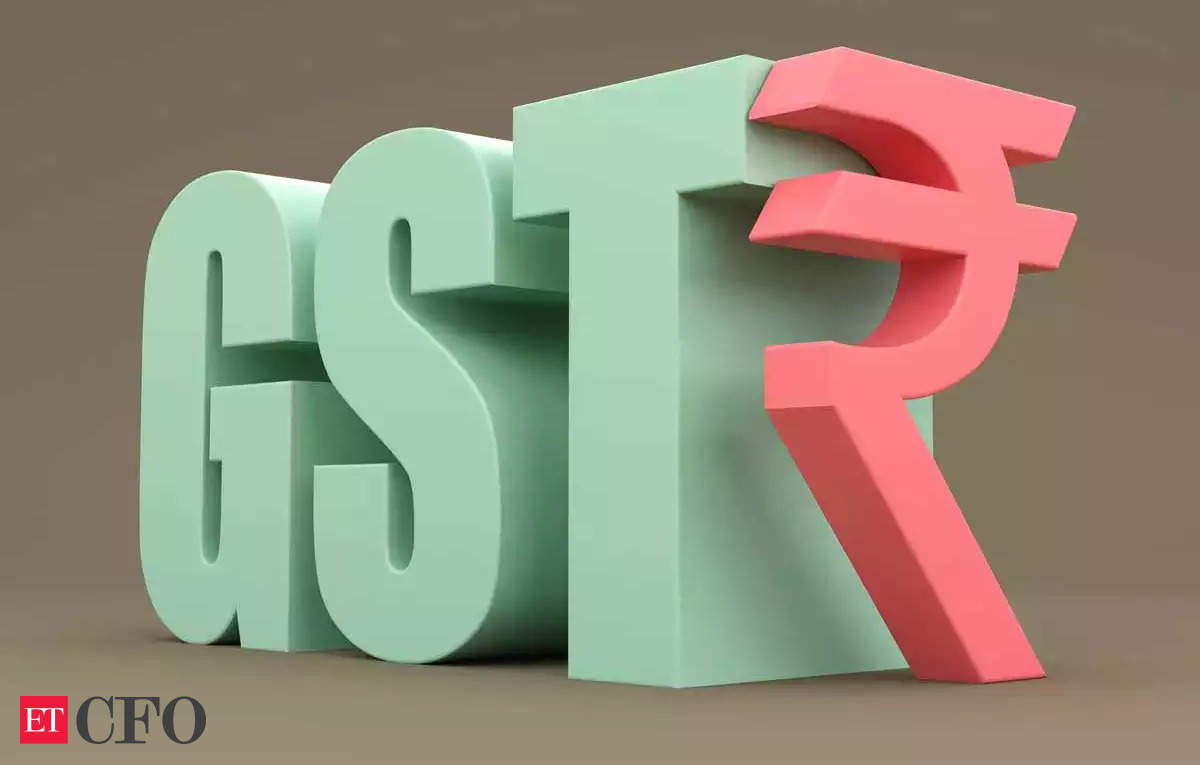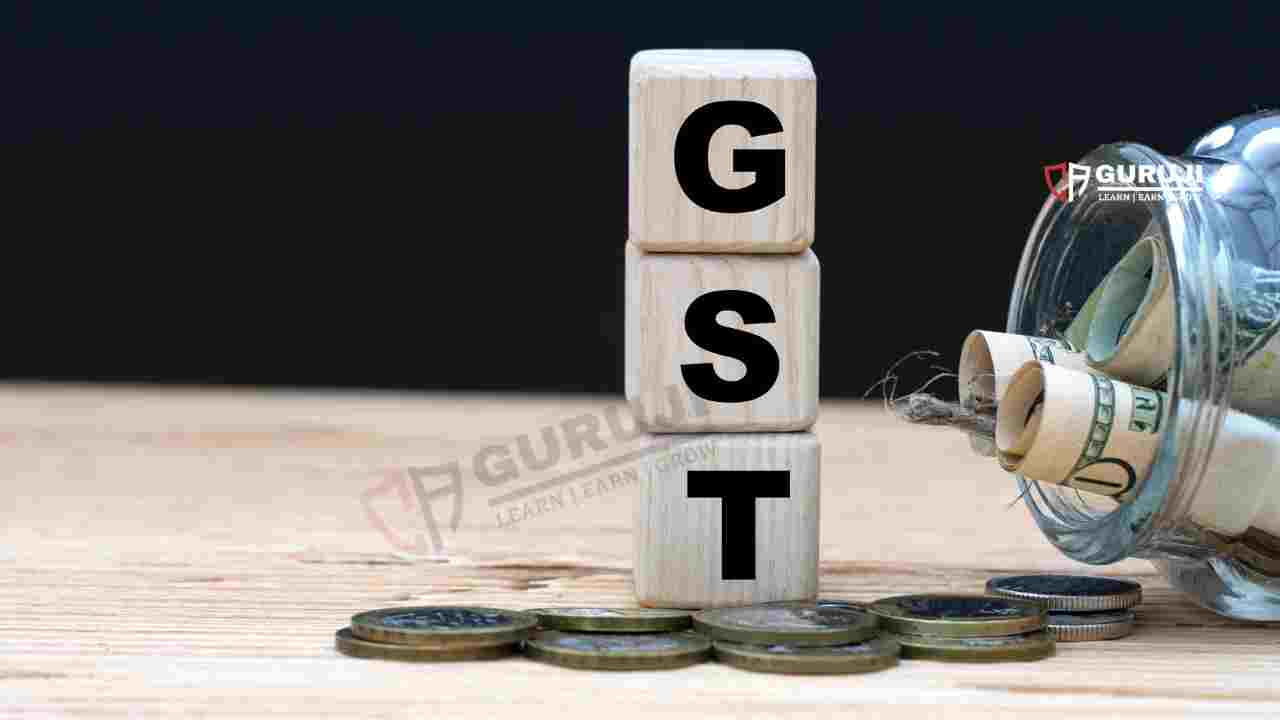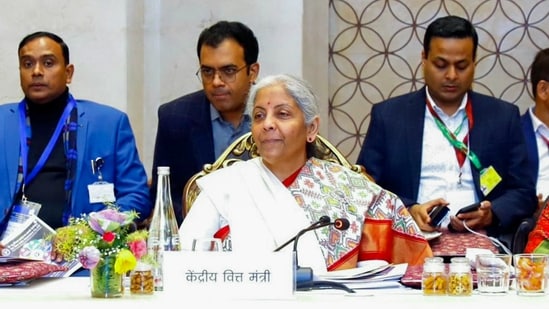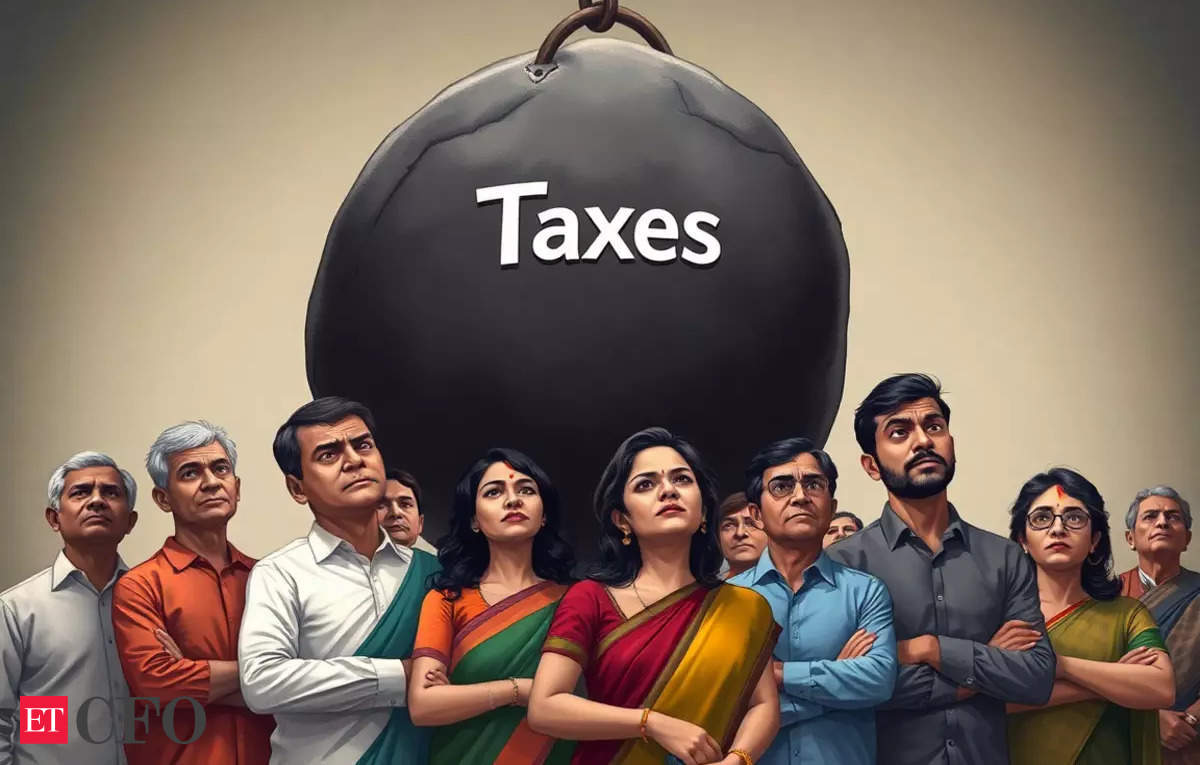Ahead of the Union Budget, the Department for Promotion of Industry and Internal Trade (DPIIT) has recommended removal of the contentious angel tax, in line with the demand from the industry.
DPIIT secretary Rajesh Kumar Singh said that though the department has passed on the written inputs from industry associations to the finance ministry, the final call on the angel tax issue will be taken by the department of revenue.
“Based on consultations with the startup ecosystem we had, we have recommended that in the past as well, we have recommended this time also. Ultimately, the integrated view will be taken by the finance ministry on angel tax,” Singh told reporters on Thursday.
In its Union Budget recommendation, Confederation of Indian Industry (CII) has urged the government for removal for Section 56(2) (viib), commonly known as angel tax.
If implemented, the move will “greatly aid capital formation”, according to the industry lobby group. The Union Budget is expected to be tabled later this month.
The angel tax is levied on the amount received by a company above the fair market value as income.
Although angel tax was first introduced in 2012, the Union Budget 2023 proposed extending the angel tax provisions to transactions involving foreign investors.
He further said that DPIIT is of the view that inverted duty and high tariff on inputs will need to be phased out not only in electronics but perhaps in other sectors.
“Taxes on inputs should be reduced over time. That’s ultimately for the IT ministry and finance ministry to take a view,” he added.
Visit www.cagurujiclasses.com for practical courses











